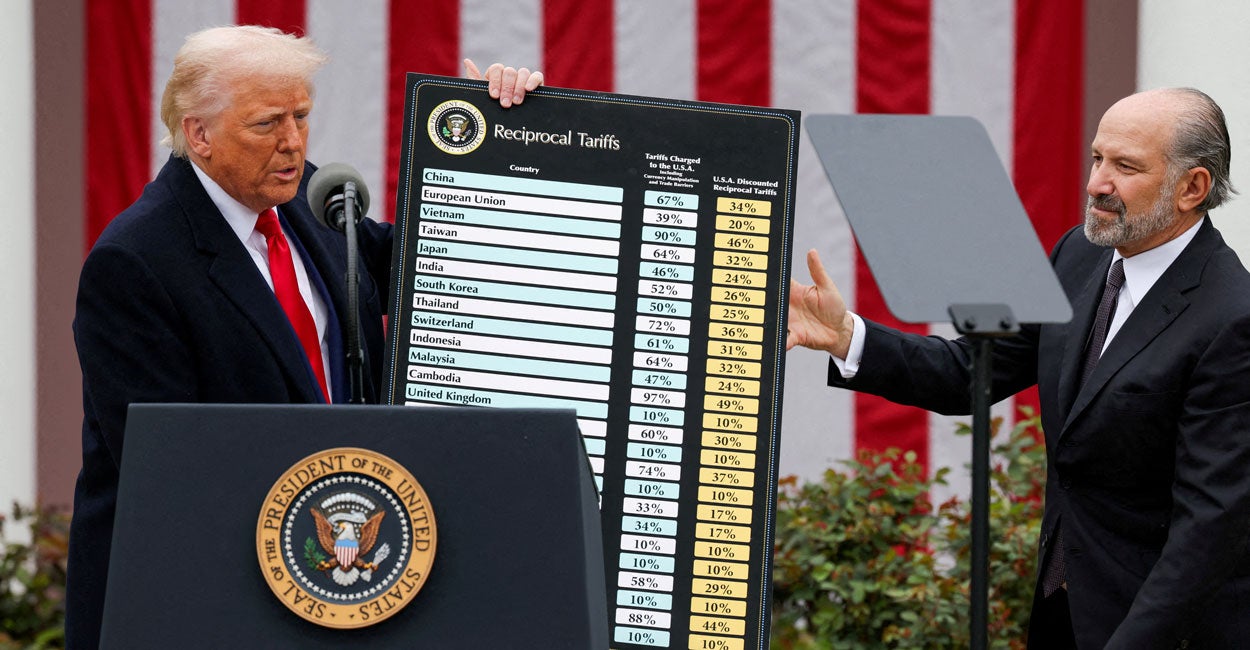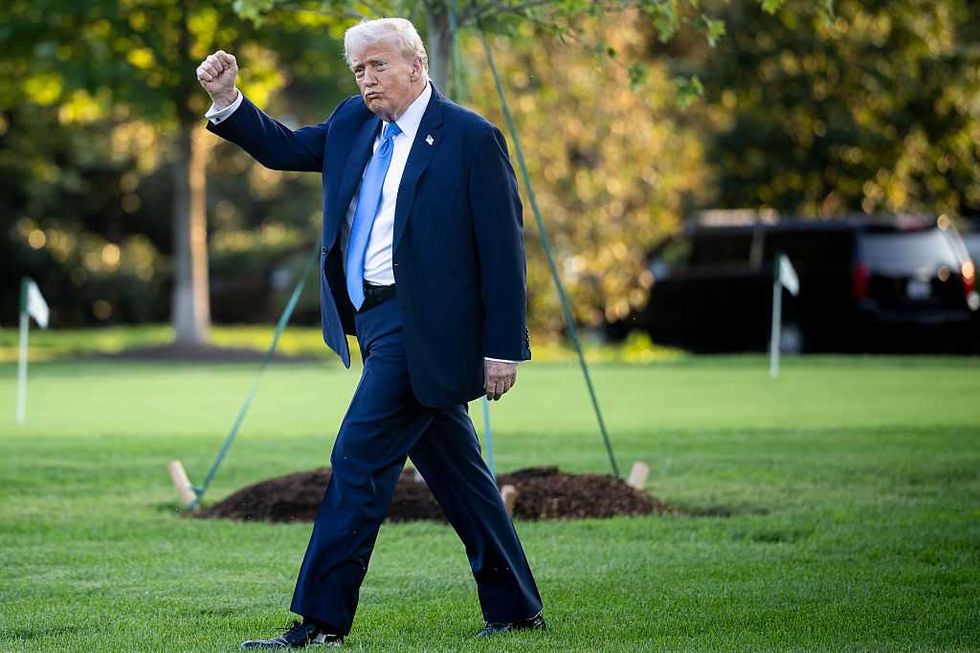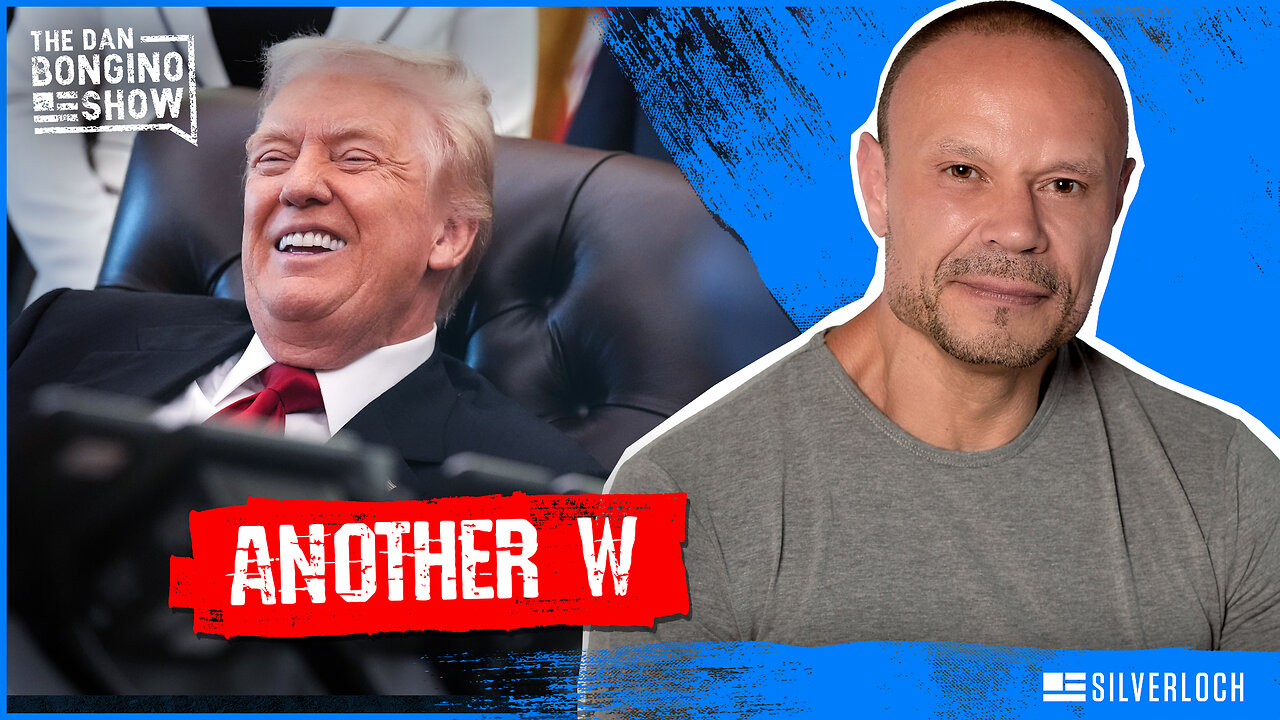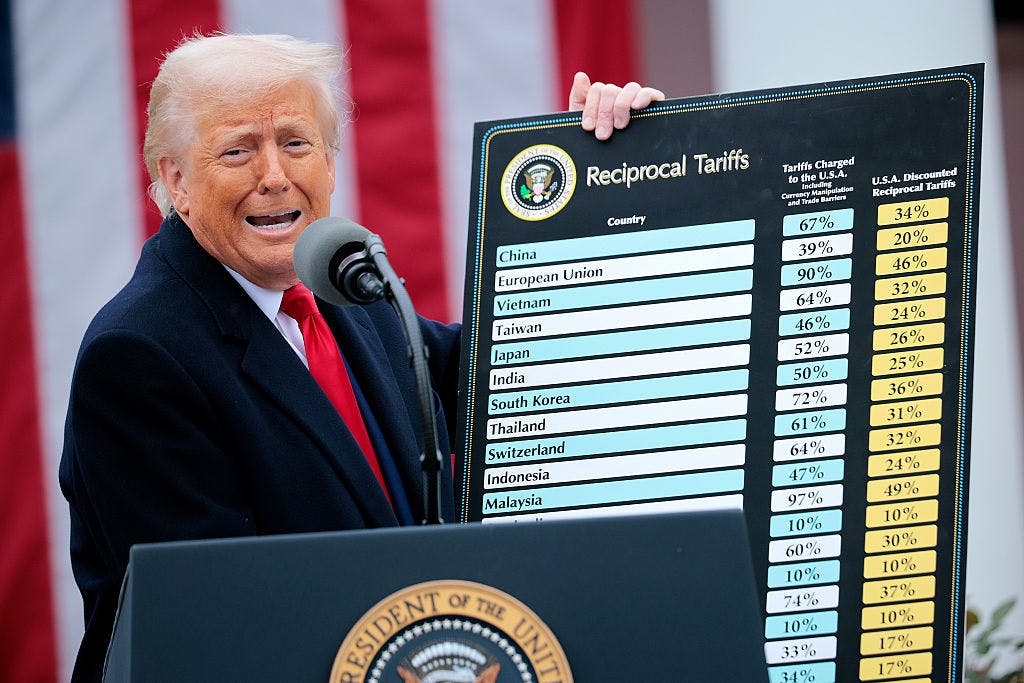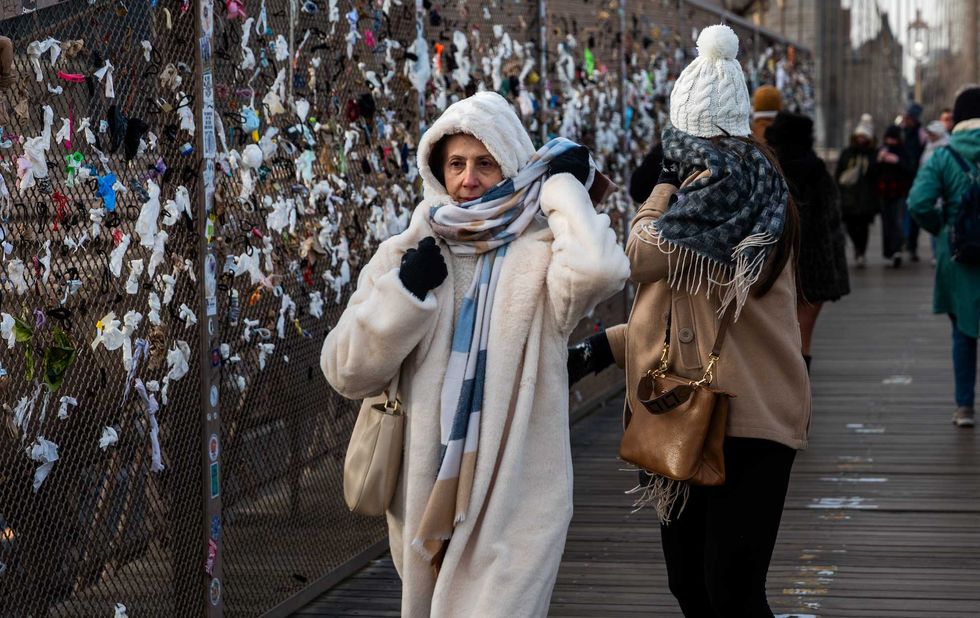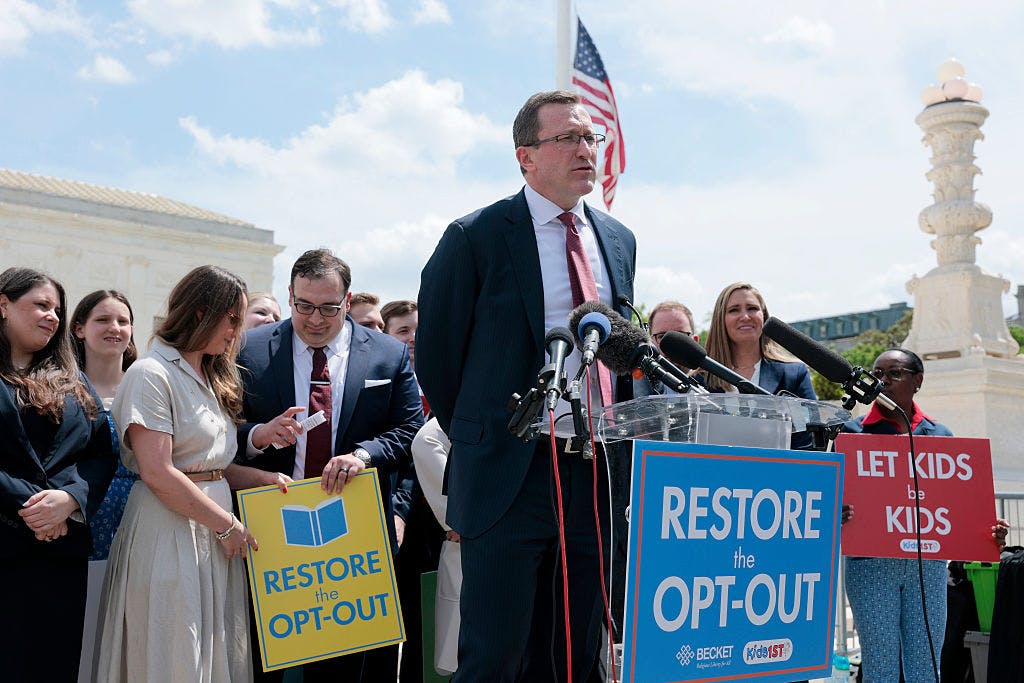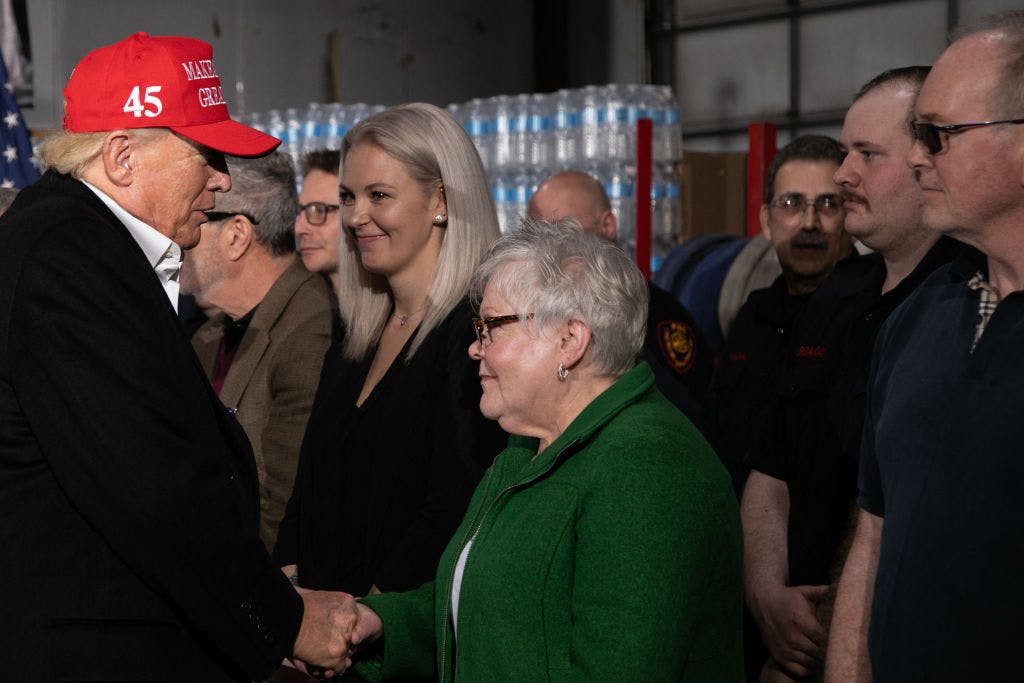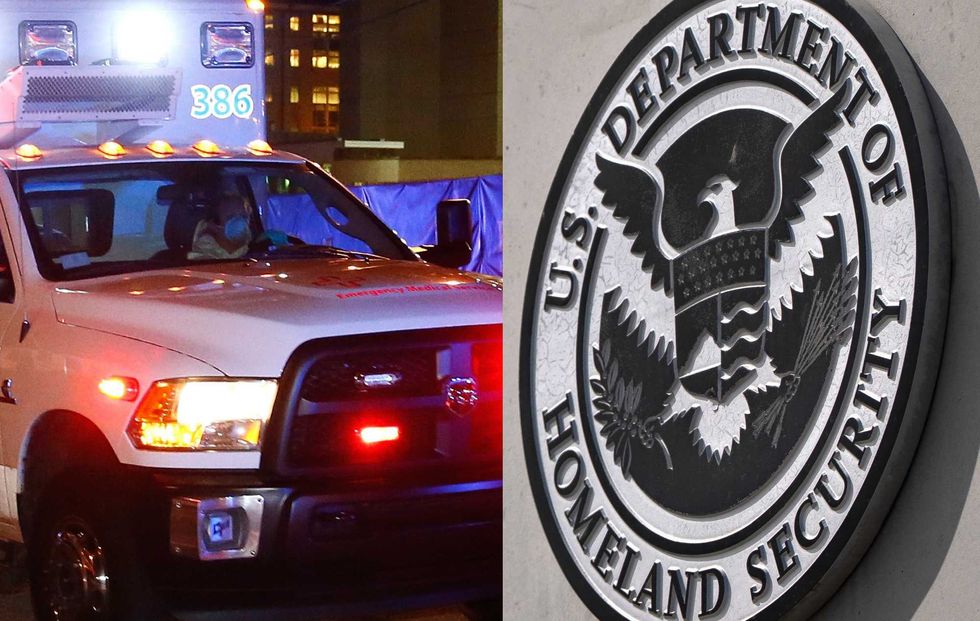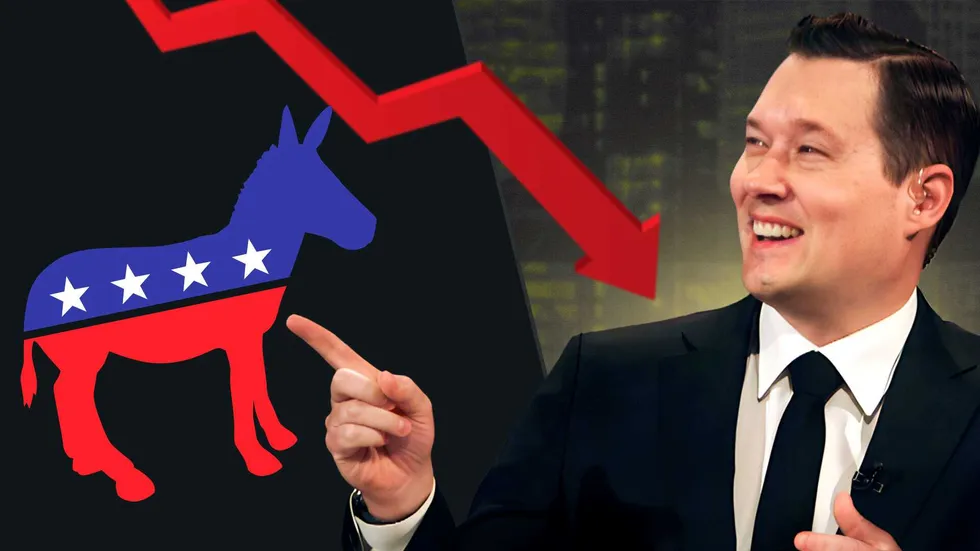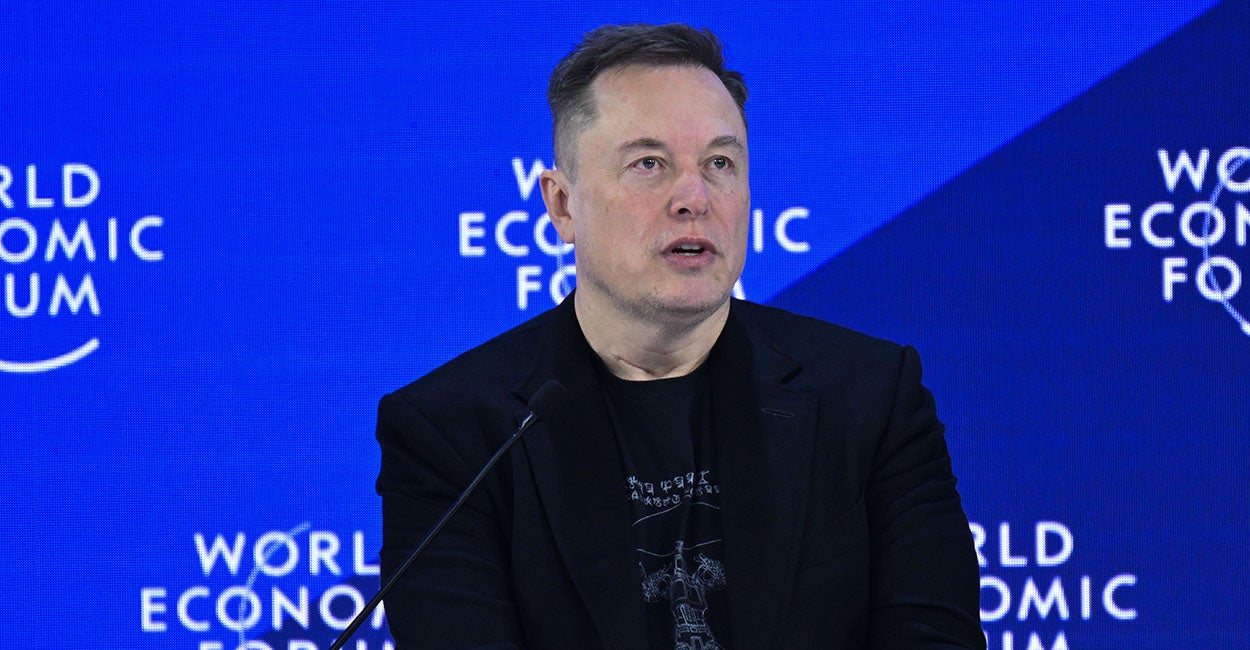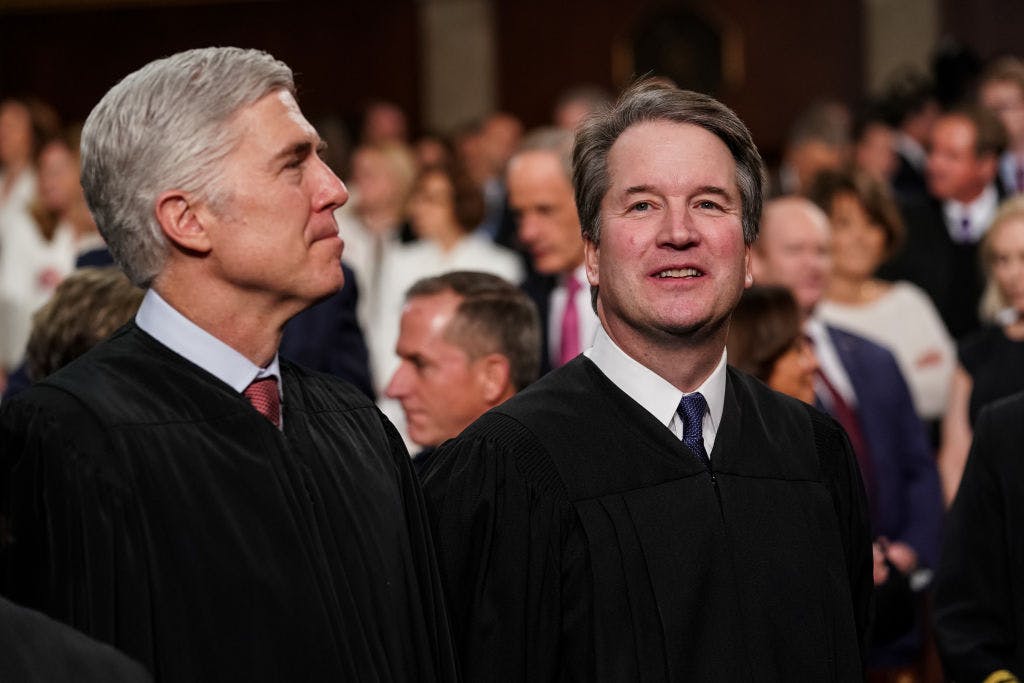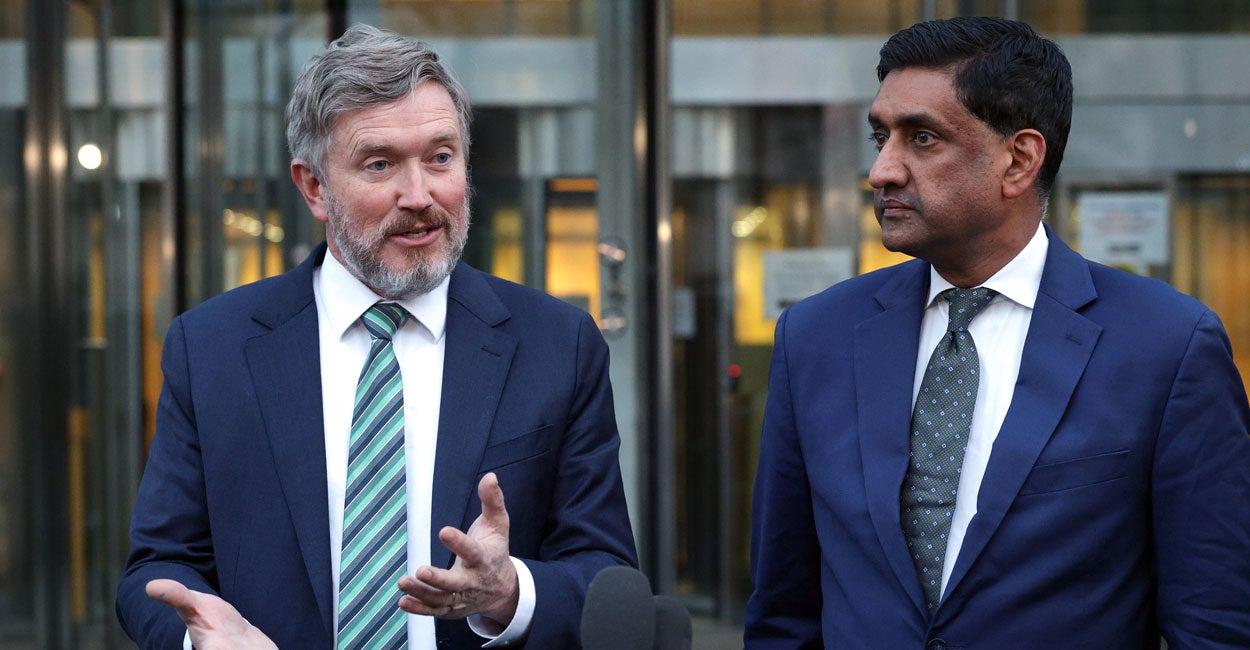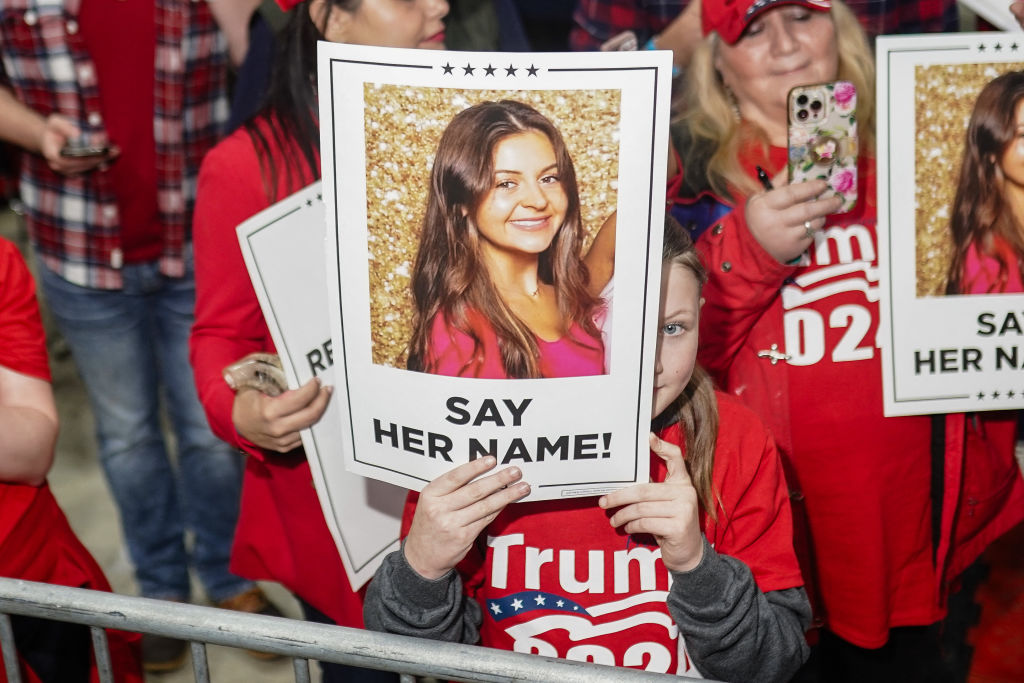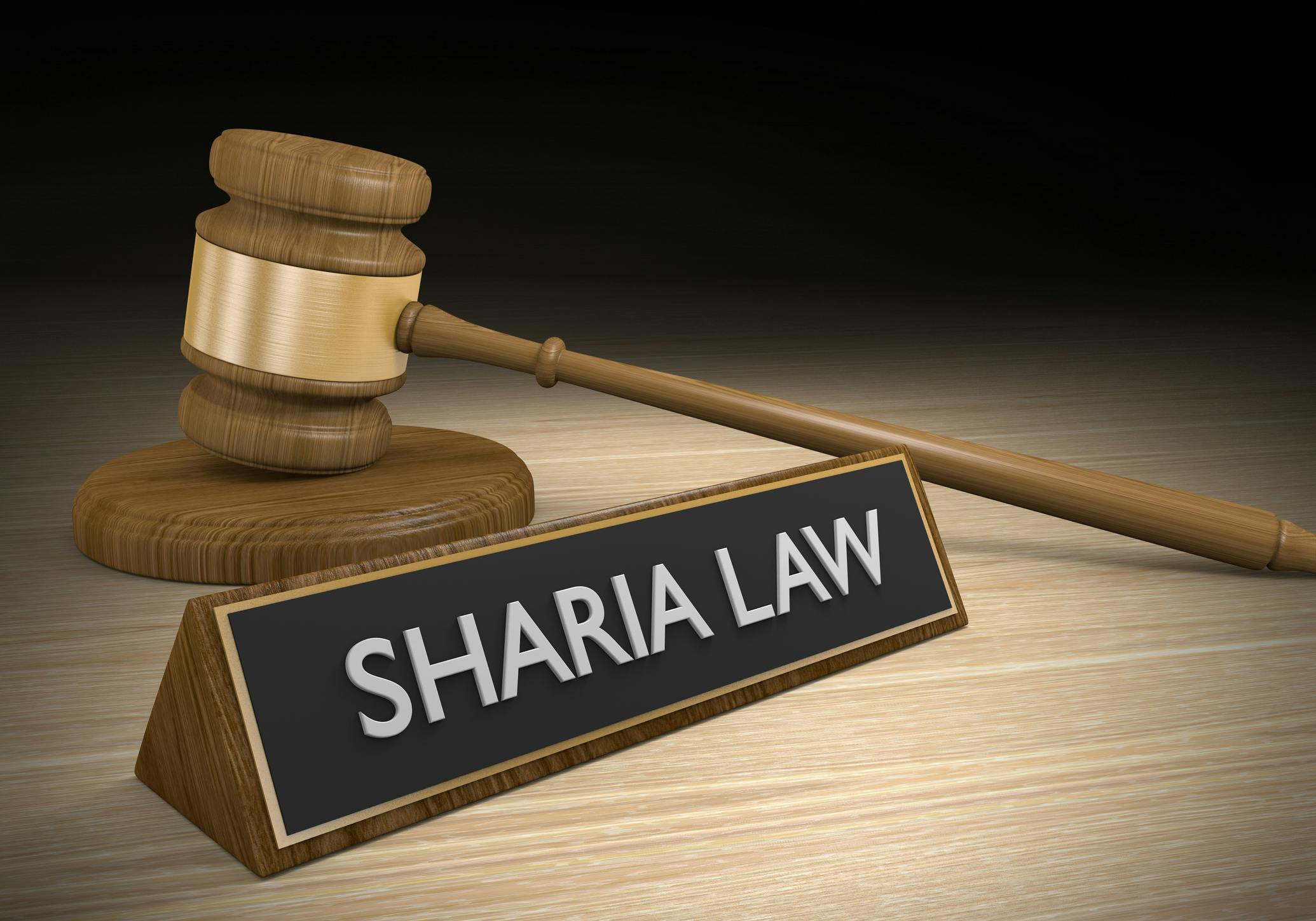How Trump-Appointed Justices Are Responding to Trump’s Tariffs
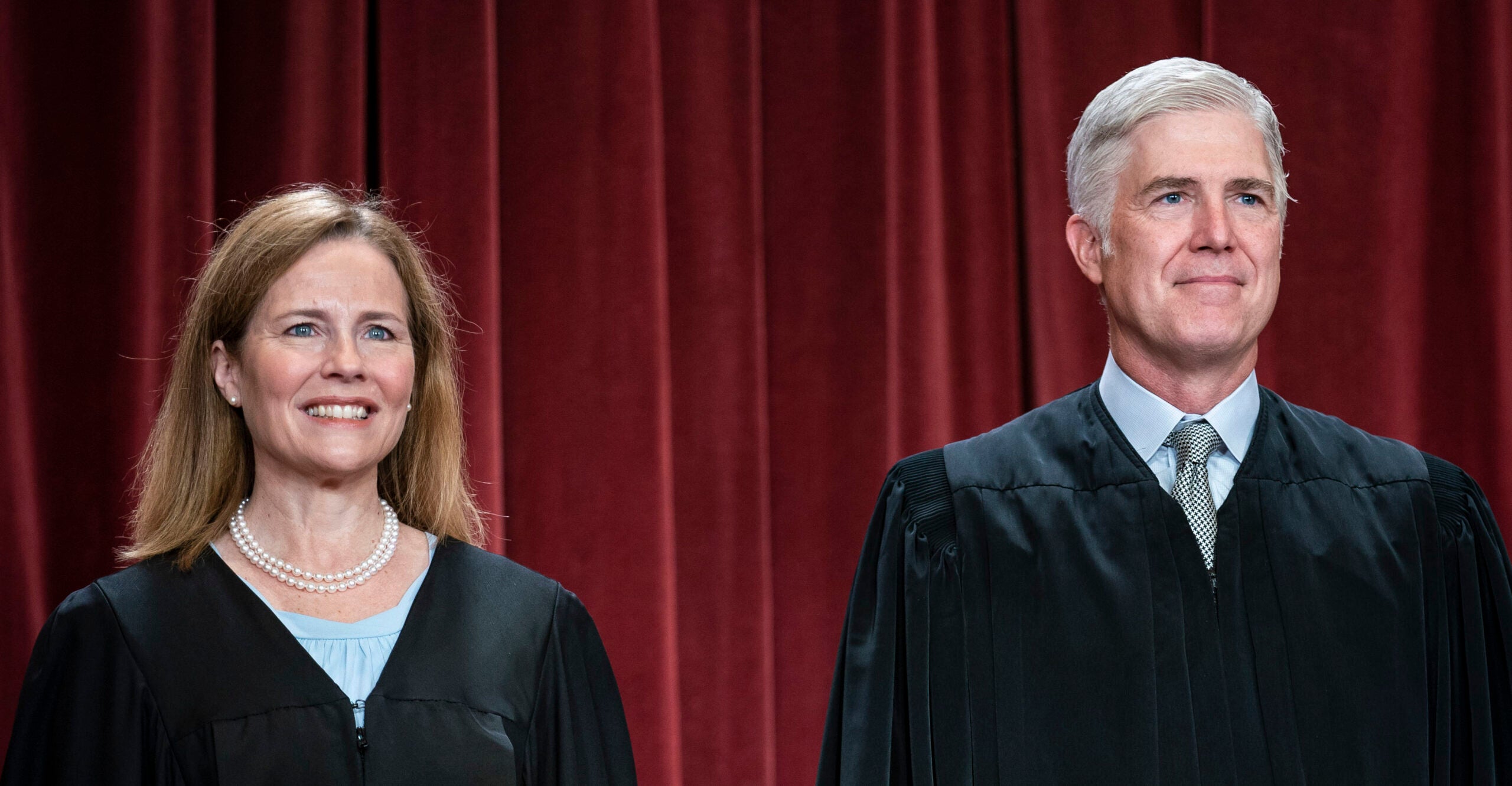
Two Supreme Court justices President Donald Trump appointed during his last term seemed skeptical of his presidential power to impose tariffs without an OK by Congress.
Live Your Best Retirement
Fun • Funds • Fitness • Freedom
The high court heard arguments Wednesday about Trump’s tariffs in the case of Learning Resources, Inc. v. Trump.
At issue is whether the president exceeded his executive branch authority by imposing tariffs under the 1977 International Emergency Economic Powers Act, which is intended to address emergencies only. Normally, trade policy, including tariffs, is enacted through legislation in Congress and signed by the president.
Justice Neil Gorsuch, Trump’s first high court appointee, suggested that a broad interpretation of deference to the president could lead to a broader ignoring of Congress.
“You say that we shouldn’t be so concerned in the area of foreign affairs because of the president’s inherent powers,” Gorsuch said to U.S. Solicitor General John Sauer, who was arguing for the administration. “So, could Congress delegate to the president the power to regulate commerce with foreign nations as he sees fit? Pay and collect duties as he sees fit?”
Sauer responded, “We don’t assert that here.”
Gorsuch followed, “What would prohibit Congress from just abdicating all responsibility to regulate foreign commerce? For that matter, declare war, to the president?”
Sauer replied, “We don’t contend that he could do that if it did.”
Tariffs have long been core to Trump’s trade and economic agenda, often clashing with the more libertarian-leaning conservative views on free trade that dominated the Republican Party going back to at least the Ronald Reagan era.
Justice Amy Coney Barrett asked where in the federal law regulating importation has been used to confer tariff authority on the president.
Sauer referenced the Trading With the Enemy Act of 1917 as an example of a statute where courts interpreted it as granting a president with tariff authority.
In one awkward moment, Sauer seemed at a loss to answer Barrett’s question on statutory language. Justice Sonia Sotomayor, an appointee of President Barack Obama, jumped in to say, “Can you just answer the justice’s question?”
Barrett asked, “Can you identify any statute that uses that phrase to confer tariff [authority]?”
Sauer replied, “The only two statues I can identify now are TWEA [Trading With the Enemy Act] … not regulat[ing] importation, but just imports.”
“That just shows the word can be used that way. None of those cases talked about it as conferring tariff authority,” Barrett responded.
In another awkward moment, Justice Ketanji Brown Jackson seemed to conflate the argument with the Civil War.
She asked if any other presidents imposed tariffs using the same rationale. Sauer replied, “President [Richard] Nixon’s 1971 tariffs.”
“That wasn’t a tariff. It was a licensing agreement during wartime,” Jackson said. “It was a specific thing.”
Sauer explained, “I’m referring to Nixon’s 1971 tariffs.”
A confused Jackson replied, “Oh, I’m sorry. I thought you meant Lincoln. You’re talking so quickly.”
Another Trump appointee, Justice Brett Kavanaugh, asked why the International Emergency Economic Powers Act hadn’t been used for tariffs before. Sauer replied that tariffs are the “quintessential way” to regulate imports.
Kavanaugh later pointed to a 1976 case in which the Supreme Court ruled 9-0 that President Gerald Ford could impose oil import tariffs based on a different statute that did not specifically mention tariffs.
Chief Justice John Roberts, a George W. Bush appointee, seemed to think tariffs were a form of taxation.
“Of course, tariffs are in dealings with foreign powers, but the vehicle is imposition of taxes on Americans, and that has always been the core power of Congress,” Roberts said.
Among the lawyers arguing for the plaintiffs was Oregon Solicitor General Benjamin Gutman, who argued the 1977 International Emergency Economic Powers Act was not intended to be applied for the purpose of boosting revenue to the government.
“If there is an international emergency, the appropriate way to deal with it is to make sure no more than 1,000 of this product comes into this country at a particular time,” Gutman said. “Setting a tariff doesn’t ensure that only 1,000 come into this country. It cedes control of whether the transaction occurs. What it does, it adds revenue to the Treasury. That is against something our Framers thought was extremely important.”
The post How Trump-Appointed Justices Are Responding to Trump’s Tariffs appeared first on The Daily Signal.
Originally Published at Daily Wire, Daily Signal, or The Blaze
What's Your Reaction?
 Like
0
Like
0
 Dislike
0
Dislike
0
 Love
0
Love
0
 Funny
0
Funny
0
 Angry
0
Angry
0
 Sad
0
Sad
0
 Wow
0
Wow
0


